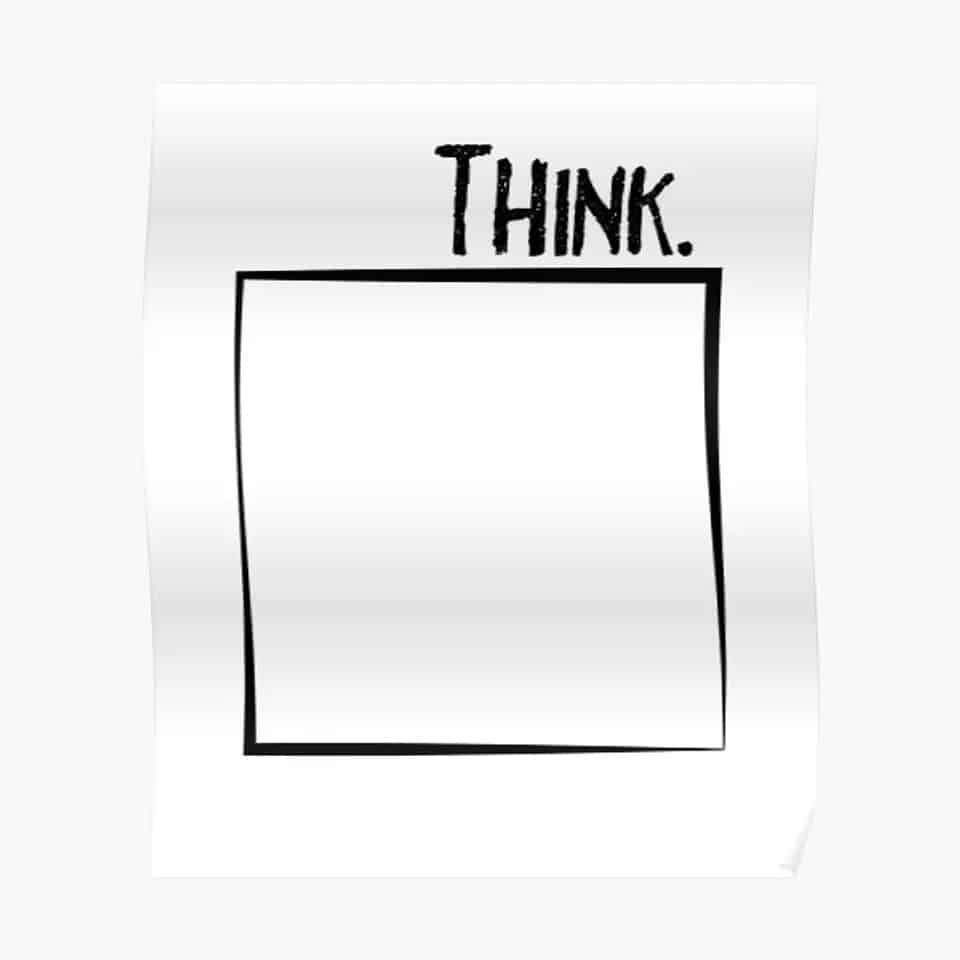Have you ever been stuck seeing something or someone from just one angle and missed the opportunity to solve a problem creatively? That’s functional fixedness. It’s a mental block where we rely on the traditional purpose of an object, role, or situation and are unable to see past the limitation. This mindset helps us simplify certain decisions, but it also limits us from seeing potential in unexpected places.
Years ago, we faced this firsthand with a position we had outsourced. The person in the role was struggling and consistently missed deadlines. Every time it happened, he had an explanation supported by an impressive array of data he’d collected. But regardless of how strong his arguments were, the issue remained: the milestones weren’t being hit and it was a problem.
We raised the issue with his manager, expecting them to take immediate corrective action. Instead, they dug deeper and discovered something surprising. The person wasn’t bad at his job; he was simply in the wrong role. While his performance in the original position wasn’t working, his skill with metrics was extraordinary. So, instead of letting him go, they reassigned him to a group that developed and maintained the company’s data and metrics. In that role, he thrived, and his contributions became invaluable.
That experience taught me the importance of rethinking assumptions and asking different questions. We often focus on what’s not working without considering what we overlook. Functional fixedness makes it easy to label someone as a poor fit for one role without considering how they might shine in another. By looking at the bigger picture, you may uncover unexpected solutions that benefit everyone involved.
Of course, functional fixedness isn’t always bad. It gives us structure and order, which are crucial in many aspects of life and business. But when it creates blind spots, we owe it to ourselves, and others, to look beyond the obvious.
The next time you’re faced with a challenge, ask yourself: Am I stuck seeing this in just one way? Could this person, tool, or situation offer more than I realize? You might be surprised at the possibilities that emerge.
“If you change the way you look at things, the things you look at change.” – Wayne Dyer
Have you ever discovered the hidden potential in someone or something by looking at it differently? Share your story—I’d love to hear it. And if this resonates, feel free to pass it along to someone who might need a fresh perspective today.
Have a great weekend.
-Vijay
